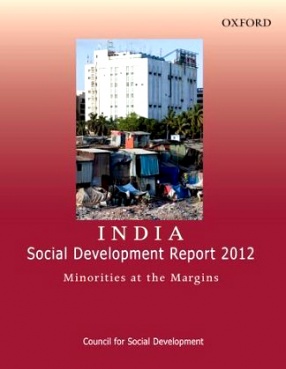
Zoya Hasan

Showing all 13 books
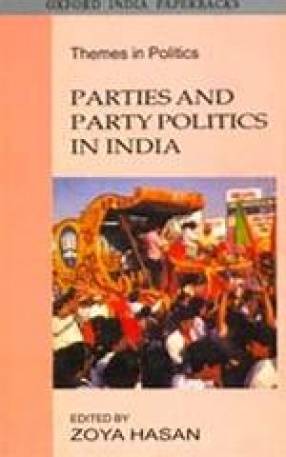
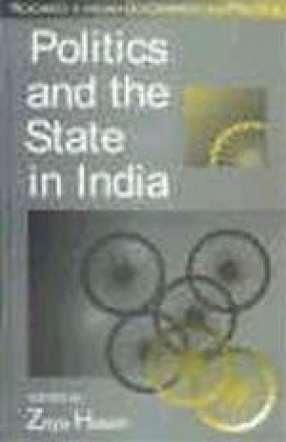
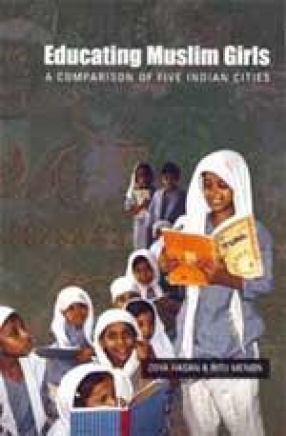

In India, the debate around social development has sharpened with the arrival of neoliberalism, which has widened the gulf between the rich and the poor. The India: Social Development Report 2012 (SDR 2012), prepared by the Council for Social Development, evaluates the life conditions of Indian citizens by assessing social developmental indicators-political, social, and cultural. Instead of focusing solely on economic growth, it treats social development as a ...
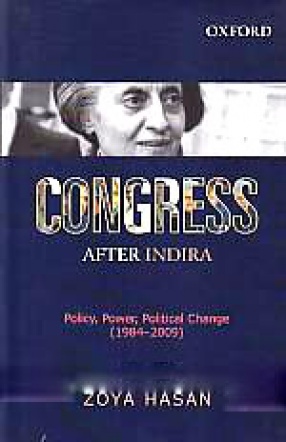
In the aftermath of Indira Gandhi's assassination, the Congress party swept the polls in 1984. It reached its zenith with Rajiv Gandhi at the helm. However, due to shifts in Indian polity, economy, and society, this period marked the end of the Congress epoch. It was only a couple of decades later that the Congress was able to emerge as a dominant party again. How did the new Indian political landscape shape the development and the comeback of the Congress in the ...
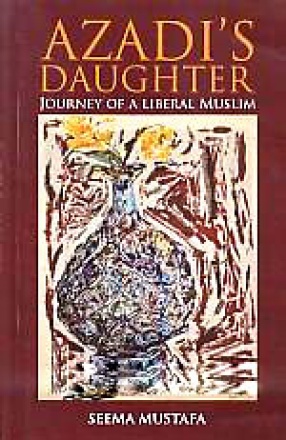

This volume brings together essays on wide ranging issues that impinge on party politics and the challenges confronting the party system. Together, it presents an overall picture of the origins, evolution and transformation of party politics by focusing on important parties and their organization and politics since independence. The introductory chapter provides an outline of the main phases in the development of the party system and the role of social cleavages, ...
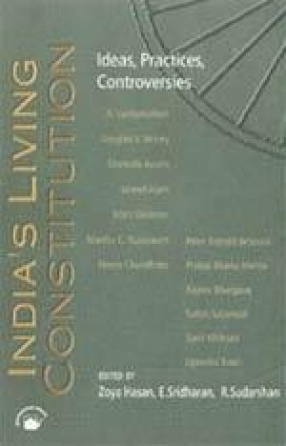
India became independent in 1947 and adopted, after nearly three years of debate in the constituent assembly, a constitution which came into effect on 26 January 1950. This constitution has lasted until the present, with its basic structure unaltered. India has had thirteen general elections between 1952 and 1999 (despite the nineteen-month 'emergency', which itself was based on a provision of the constitution) and is often called the world’s largest democracy. ...

One of the most significant phenomena in Indian politics over the last few years has been the growth of oppositional political movements. Yet, analysis of how this has effected political transformation in India, particularly the decline of the Congress Party and the growth of the BJP, has been inadequate. Through an analysis of oppositional politics in India's most influential state, Uttar Pradesh, this book offers insights into the interplay between Congress and ...

Fifty years after independence, leading scholars of contemporary India come together to take stock of the country's experience of democratic functioning. Conceptualized as a set of interactions between liberal ideas and institutions on the one side, and hierarchical social structures and heterogeneous cultures on the other, democratic forms of governance in India have unleashed profound transformations which the essays in this volume seek to analyse and ...

The series entitled Readings in Indian Government and Politics focuses on significant themes in contemporary Indian Government and politics. This, the third volume in the series, deals specifically with the state. It brings together seminal articles by a range of experts from the fields of political science, sociology and economics, which provide important insights into the processes of state formation, as also its consolidation and erosion. Zoya Hasan’s ...
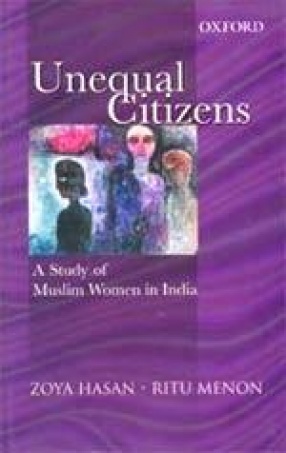
This path-breaking study of Muslim women in India seeks to dispel popular misperceptions and stereotypes regarding their status, as well as to seriously engage with academic debates on gender and Islam. The data and interpretative analysis presented here are based on the first-ever national survey of 10,000 Muslim and Hindu women in India, covering a range of issues from education, work, socio-economic status, and marriage to decision-making, autonomy, mobility, ...
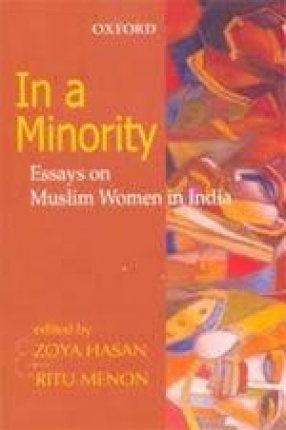
Muslim women have been the subject of considerable debate in India, chiefly around the conflicting claims of personal law, identity, and gender. Existing literature on Indian women in general ignores Muslim women, considers their status a product of personal laws, and assumes sameness both in status and in forms of oppression. Based on recent empirical work, the essays in this volume present the diversity of Muslim women's lives in all its complexity. They ...

This examination of the several considerations and factors that influence the schooling of Muslim girls is the first of its kind, based on first-hand information from interviews, documents and reports, and empirical studies. It argues that state policies and initiatives on education, regional location, social and economic compulsions, as well as changing community perceptions are critical to our understanding of why the educational attainment of Muslim girls ...
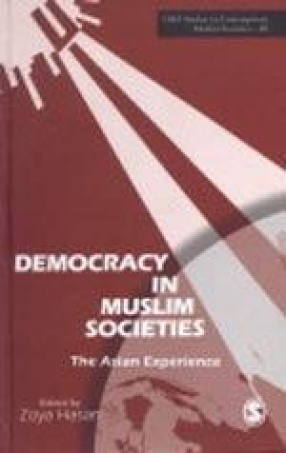
Democracy in Muslim Societies : The Asian Experience explores the character of the political transformation and democratic transition in Asian Muslim societies. It asks whether democracy is appropriate and desirable as a political system for non-Western Societies, and assesses the extent of actual democratisation in each of the countries studied, namely, Bangladesh, Indonesia, Iran, Malaysia, Pakistan and Turkey. The book questions the widely held view that the ...
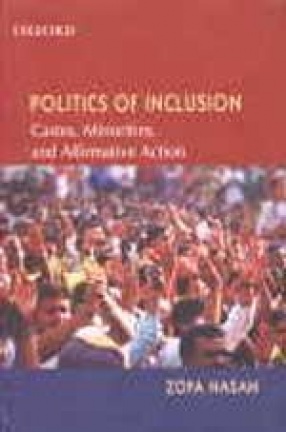
When we think of disadvantage and exclusion in India, we think almost invariably of cast-based exclusion. Disadvantage and deprivation are not restricted to a single group in India. Yet, successive governments, public policy and academia have paid little attention to the under-representation of religious minorities in the education, political and administrative domains compared to the question of representation of disadvantaged castes. Zoya Hasan examines the ...
